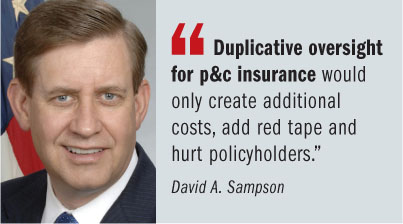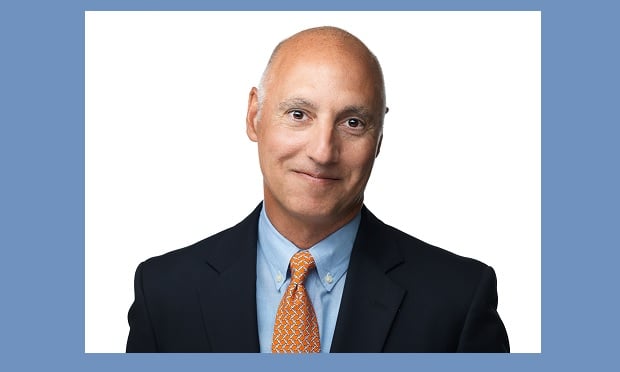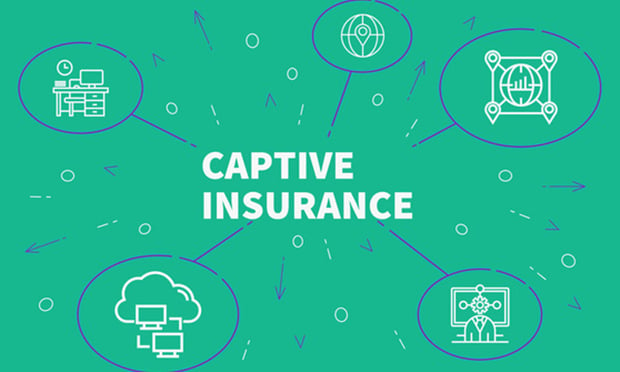At first glance, Senate Banking Committee Chair Christopher Dodd's plan to create an Office of National Insurance, incorporated in his financial regulatory reform bill, might seem harmless.
As talk on Capitol Hill goes, most of the time, it will be out of sight and out of mind.
On the surface, the ONI would just be tasked to monitor the insurance industry, coordinate international insurance issues and study ways to modernize insurance regulation.
 But Sen. Dodd's bill, as it is currently drafted, would give the agency unprecedented subpoena power and impose a duplicative layer of unnecessary and expensive oversight to the property and casualty market that will ultimately result in higher costs for consumers. The ONI could also create potential conflicts with state insurance regulators.
But Sen. Dodd's bill, as it is currently drafted, would give the agency unprecedented subpoena power and impose a duplicative layer of unnecessary and expensive oversight to the property and casualty market that will ultimately result in higher costs for consumers. The ONI could also create potential conflicts with state insurance regulators.
Rather than providing assurance that our nation's financial services system will be healthier, it actually poses the equivalent of a real health risk for an important sector of our economy.
Property and casualty insurers already have an effective, proven system of state regulation that protects insurance consumers. In fact, p&c insurance is one of the most heavily regulated financial services sectors in the United States.
State regulators enforce stringent solvency requirements, product regulation and post-sale safeguards for consumers. Our industry also has its own resolution process at the state level through the existing system of state guaranty funds, which provides greater consumer protections than even those found in the Senate Banking Committee's proposal.
Consumers come first in the p&c insurance sector. Our industry honors our promise to policyholders. Homeowners, motorists and business owners have peace of mind that their policies will be paid, even in the unlikely event of a company insolvency.
What's more, the Obama administration itself has already effectively argued against subjecting p&c insurers to a wasteful additional layer of oversight. The administration's 2009 white paper on the financial meltdown concluded that the insurance industry played no role in causing the current crisis.
There is plenty of independent scholarship as well, demonstrating that p&c insurers operate in a far less risky, different manner than the financial firms whose actions led to the financial meltdown.
A report by MSCI Barra, an independent consulting firm (http://www.mscibarra.com/), ranked 35 various industry sectors by how much they were leveraged. The insurance industry ranked 28th–near the bottom and well below household products. By contrast, financial services firms ranked seventh.
Insurers are already subject to data collection by every state insurance department where they do business. Creation of an ONI would lead to costly, duplicative data requests, and its preemption powers are not subject to adequate due process.
Furthermore, the proposed Office of Financial Research would add a third layer of disjointed information collection, which is a classic example of unnecessary government redundancy.
The OFR would be tasked to collect information from bank holding companies and nonbank financial institutions, as well as conduct economic analysis on behalf of a new systemic risk watchdog–the Financial Stability Oversight Council.
The OFR could impose unlimited, mandatory information collection requirements on the p&c insurance marketplace. Like the ONI, it too would broad subpoena power.
Unlike state regulators who understand how insurers collect and store information, data requests from the ONI and OFR would have no accountability and such requests could conflict with existing state laws.
Every request for new information would mean extra money spent with lawyers, consultants and more computer data services–a tab that many smaller firms will be unable to afford. This makes for an inefficient use of resources and means less capital for job growth and product innovation. Make no mistake, data production is not cheap.
So the ONI might seem benign, and at the outset, all but invisible. But in the end, it would be sort of like an appendix–it's unnecessary, and you never know it is there until it explodes.
A better approach is the path the House of Representatives took in December, when it added an important protection in the provision to require the similarly structured Federal Insurance Office to obtain information from regulators where it has already been collected, rather than asking companies to produce it a second time.
Another positive in the House measure is that it requires the FIO to demonstrate a need for information it may request, and to do a cost-benefit analysis to ensure companies are not unduly burdened.
While the more than 1,000 companies that comprise the Property Casualty Insurers Association of America support balanced, long-term solutions for addressing problems in the financial services sector that led to the current economic crisis, we're worried that the ONI proposal could present major unintended consequences–with no benefit to consumers.
Duplicative oversight for p&c insurance would only create additional costs, add red tape and hurt policyholders.
Congress will return from recess with a full agenda moving into midterm elections. Last month, the Senate Banking Committee passed Sen. Dodd's bill on a party-line vote, and the legislation will likely move to the Senate floor soon.
PCI continues to work to promote the viability of a competitive private insurance market and protect insurance policyholders. We urge a balanced approach as financial services regulatory reform legislation moves forward in the Senate that protects consumers while promoting market efficiency.
David A. Sampson is president and CEO of the Property Casualty Insurers Association of America in Des Plaines, Ill.
Want to continue reading?
Become a Free PropertyCasualty360 Digital Reader
Your access to unlimited PropertyCasualty360 content isn’t changing.
Once you are an ALM digital member, you’ll receive:
- Breaking insurance news and analysis, on-site and via our newsletters and custom alerts
- Weekly Insurance Speak podcast featuring exclusive interviews with industry leaders
- Educational webcasts, white papers, and ebooks from industry thought leaders
- Critical converage of the employee benefits and financial advisory markets on our other ALM sites, BenefitsPRO and ThinkAdvisor
Already have an account? Sign In Now
© 2025 ALM Global, LLC, All Rights Reserved. Request academic re-use from www.copyright.com. All other uses, submit a request to asset-and-logo-licensing@alm.com. For more information visit Asset & Logo Licensing.








